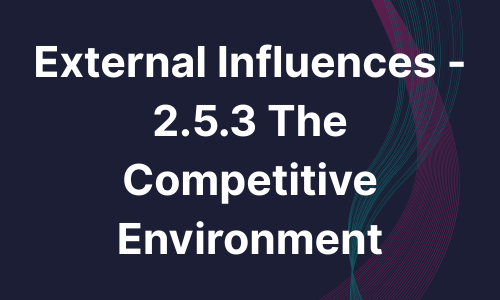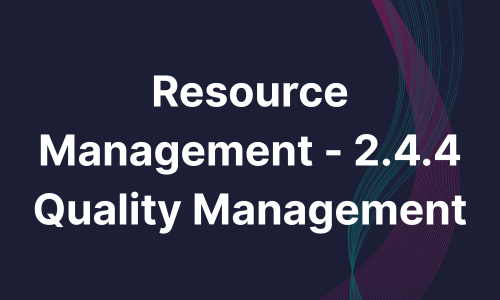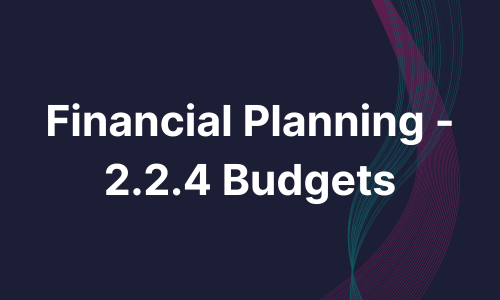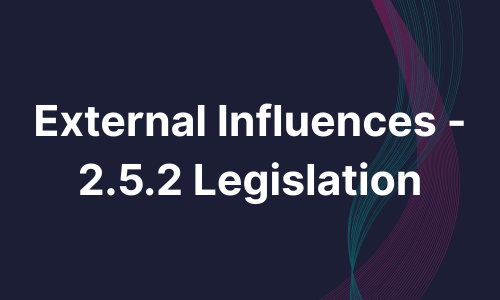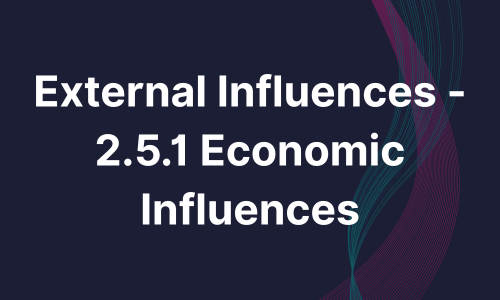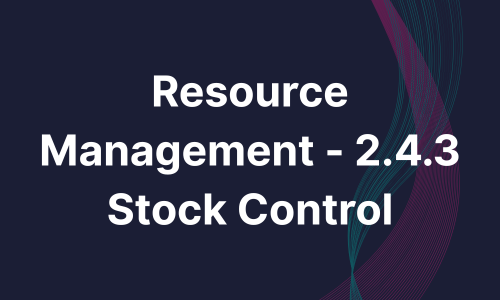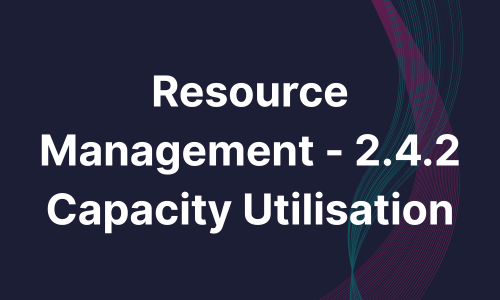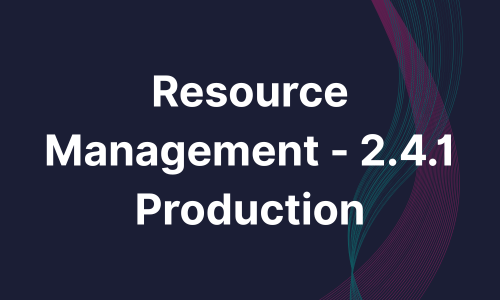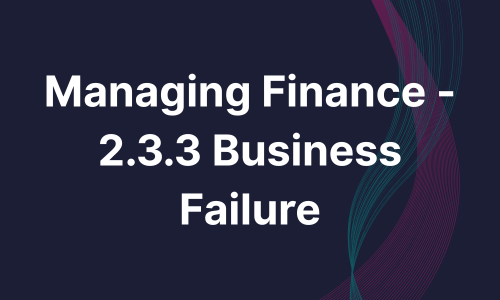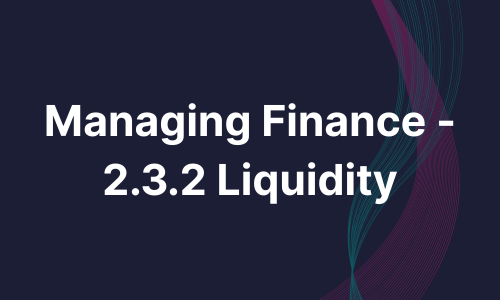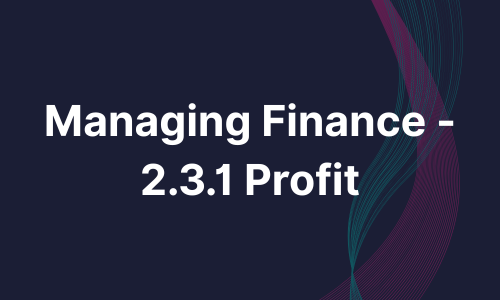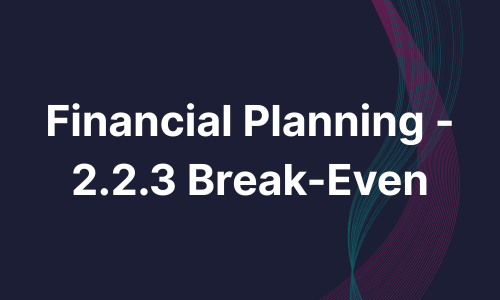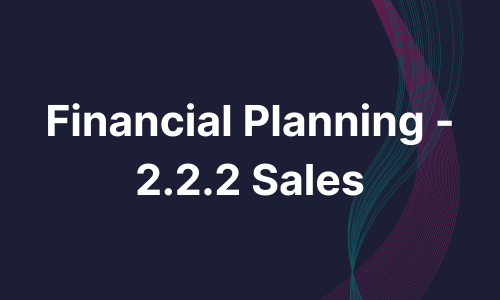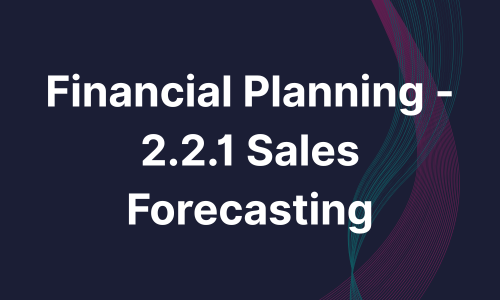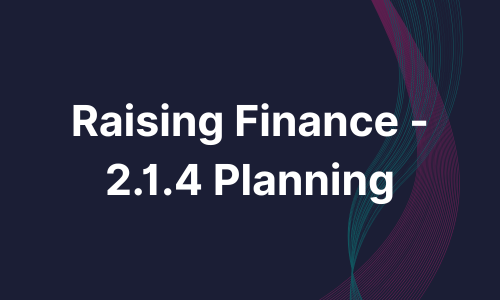WJEC GCE AS & A Level Economics Syllabus: Your Comprehensive Guide
Lessons, Resources & Insights
WJEC GCE AS & A Level Economics Syllabus: Your Comprehensive Guide
Lessons, Resources & Insights
Welcome to the definitive resource for the WJEC GCE AS & A Level Economics qualification. This page is meticulously designed for students embarking on their economic journey, dedicated teachers guiding them, and supportive parents seeking clarity on this vital subject. The WJEC GCE AS & A Level Economics syllabus offers a rigorous and rewarding exploration of economic principles, theories, and their real-world applications. Enterprise Skills is committed to providing unparalleled support for this specific exam board and subject, ensuring every learner has the tools to excel.
What Makes the WJEC GCE AS & A Level Economics Qualification Unique?
The WJEC GCE AS & A Level Economics qualification stands out for its balanced approach, combining theoretical depth with practical relevance. Unlike some other specifications, WJEC places a strong emphasis on understanding the Welsh and UK economies within a global context, making it particularly pertinent for students in Wales and beyond. This GCE AS & A Level Economics guide will help you navigate the nuances of the syllabus, from microeconomic foundations to macroeconomic policies, ensuring a thorough grasp of complex concepts. The qualification encourages critical thinking and analytical skills, preparing students not just for exams but for informed participation in economic discourse.
Course Structure and Assessment for WJEC GCE AS & A Level Economics
The WJEC GCE AS & A Level Economics course is structured to progressively build knowledge and understanding. The AS Level typically covers core microeconomic and macroeconomic concepts, laying a solid foundation. The A Level then expands on these, delving into more advanced theories and contemporary economic issues. Assessment for the WJEC GCE AS & A Level Economics syllabus involves a combination of written examinations, testing both knowledge recall and the application of economic analysis to various scenarios. Students will encounter data response questions, essays, and multiple-choice questions, all designed to assess their comprehensive understanding of the subject matter. Our resources are tailored to each assessment component, providing targeted practice and expert guidance.
Skills Developed and Future Pathways with GCE AS & A Level Economics
Studying WJEC GCE AS & A Level Economics equips students with a highly sought-after skill set. Beyond mastering economic theories, learners develop strong analytical capabilities, problem-solving techniques, and the ability to evaluate complex data. These skills are invaluable for a wide array of university courses, including Economics, Business Studies, Finance, and Politics. Furthermore, a strong foundation in GCE AS & A Level Economics opens doors to diverse career pathways in sectors such as banking, financial analysis, public policy, journalism, and international development. This qualification is a stepping stone to becoming an economically literate and engaged global citizen.
Enhance Your WJEC GCE AS & A Level Economics Journey with Enterprise Skills
At Enterprise Skills, we understand the challenges and rewards of studying the WJEC GCE AS & A Level Economics syllabus. Our platform offers a wealth of resources specifically curated to complement your studies. From detailed lesson materials and interactive quizzes to past paper analysis and expert-led tutorials, we provide comprehensive support for every aspect of the WJEC GCE AS & A Level Economics qualification. Whether you are a student aiming for top grades, a teacher seeking supplementary materials, or a parent looking to support your child, Enterprise Skills is your trusted partner in achieving success in GCE AS & A Level Economics.
Understanding Our Economic World: The WJEC GCE AS & A Level in Economics Syllabus
The WJEC GCE AS and A Level in Economics offers a rigorous and stimulating journey into the heart of economic theory and its application to the real world. With a focus on current economic issues and drawing on local, national, and global contexts (including the Welsh economy), this qualification will empower you to think critically about the economic forces that shape our lives. You will develop a deep understanding of how markets work, the role of governments in managing them, and the key challenges facing the global economy.
AS Level: The Core Principles
The AS Level is structured to provide a strong foundation in both microeconomic and macroeconomic principles.
- Unit 1: Introduction to Economic Principles: This unit introduces the fundamental concepts of economics. You will start with the basic economic problem of scarcity and choice, using the production possibility frontier to understand opportunity cost and efficiency. You will then explore the core model of demand and supply in both product and labour markets, learning how prices and wages are determined. The unit also introduces the crucial concept of elasticity and its importance for businesses and government.
- Unit 2: Economics in Action: This unit builds on the principles from Unit 1, applying them to real-world economic issues. In microeconomics, you will delve into the concept of market failure, exploring why markets don’t always lead to efficient outcomes and the various ways governments intervene to correct these failures. In macroeconomics, you will be introduced to the circular flow of income, the AD/AS model, and the main macroeconomic objectives of government. You will also begin to explore the key policy instruments – fiscal, monetary, and supply-side policies – used to manage the economy, as well as the basics of international trade.
A Level: Deeper Analysis and Evaluation
The A Level takes your understanding to a more advanced level, requiring more complex analysis and critical evaluation of economic models and policies.
- Unit 3: Exploring Economic Behaviour: This unit deepens your understanding of microeconomic and macroeconomic theory. In microeconomics, you will analyse costs, revenues, and profits, the growth of firms, and different market structures from perfect competition to monopoly and oligopoly. You will also explore competition policy and privatisation. In macroeconomics, you will examine the different schools of thought on the aggregate supply curve and explore the Phillips curve trade-off between inflation and unemployment.
- Unit 4: Evaluating Economic Models and Policies: The final unit requires you to synthesise your knowledge and apply it to a wide range of economic problems. You will explore the macroeconomic objectives of economic growth, unemployment, inflation, and the balance of payments in greater depth. You will critically evaluate the use of fiscal, monetary, and exchange rate policies, including recent developments like quantitative easing. The unit also covers international trade in more detail, including the theory of comparative advantage and the pros and cons of globalisation. You will also analyse the economies of the European Union and the challenges of economic development.
Developing Your Economic Expertise
This qualification is designed to hone a powerful set of skills that are highly sought after in higher education and the professional world:
- Analytical skills: Use economic models and theories to analyse complex economic issues and make causal connections.
- Quantitative skills: Select, interpret, and use economic data from a range of sources to support your analysis.
- Critical thinking: Evaluate economic models, arguments, and policies, recognising their limitations.
- Evaluative skills: Formulate reasoned judgements and make informed recommendations on economic problems.
Whether your goal is to study economics at university or to pursue a career in finance, business, or public policy, the WJEC GCE AS and A Level in Economics provides an outstanding preparation. Our resources are tailored to help you master the content and develop the critical thinking skills needed to excel.

